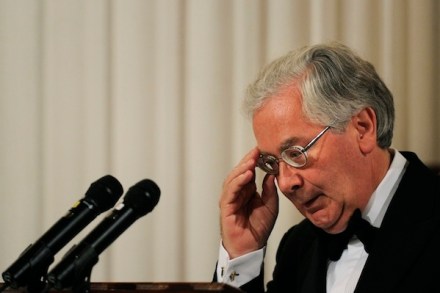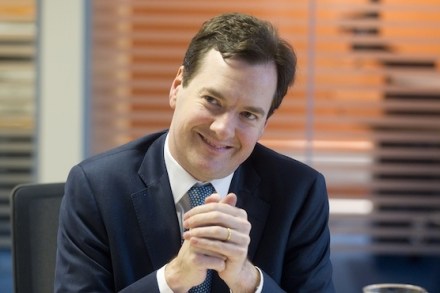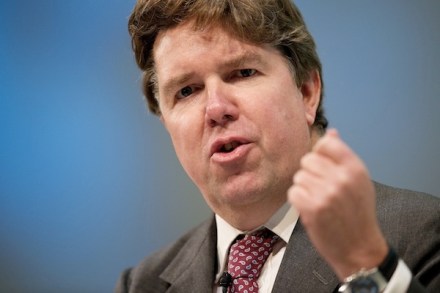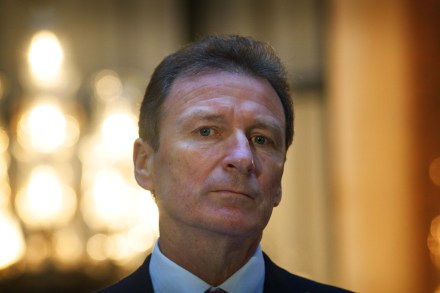The Bank of England: no Paul the Octopus
When challenged on the Bank of England’s poor record of economic forecasting by Ed Conway of Sky News this morning, Mervyn King said: ‘This isn’t a spot the ball contest where you’re trying to hit one point on the picture. This is a question of assessing the balance of risks… We don’t pretend to have a crystal ball to see the future. All we can do is assess the balance of risks. I think this is a reasonable judgment about the balance of risks. It doesn’t say that there will be a recovery. It says that in our central view there will be a recovery, and there are risks on


















